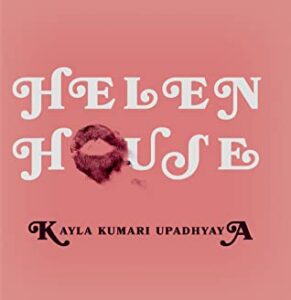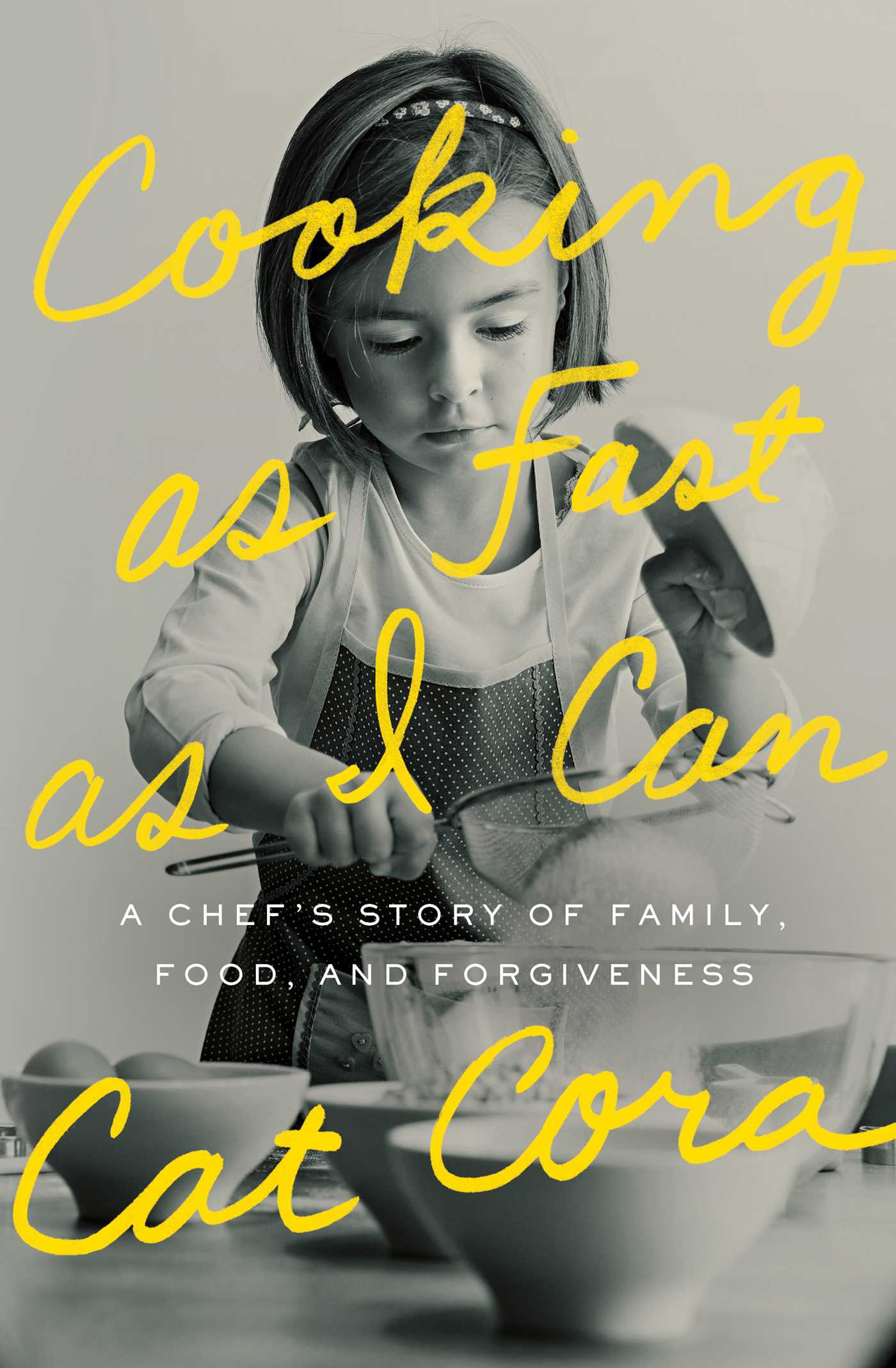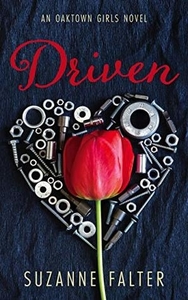Amazon Affiliate Link | Bookshop.org Affiliate Link
Kayla Kumari Upadhyaya came onto my radar via her essays and pop culture criticism on Autostraddle (where she is Managing Editor) and Catapult, among other outlets. Whether reviewing a Netflix mixology competition series or espousing a joint bookshelf system with her girlfriend, each of Kumari’s pieces reads like a fiercely accurate anthropological study of queer culture, but from your funny best friend. So when I learned that she was writing a novelette, I purchased a copy for my library and added my name to the top of the hold list.
Helen House is a curiosity of a book, from its square binding, to its pamphlet-sized length (66 pages), to its sparse Victorian-ish cover design and fever dream illustrations. Billed as a queer ghost story, Helen House begins quietly and unassumingly. The book’s unnamed narrator is preparing to meet her girlfriend Amber’s parents for the first time after a year of dating. The narrator is a graduate student, Amber a librarian. They met on a dating app. On their second date, between bites of clam linguine, the narrator revealed to Amber that her sister Luci had died in a car accident several years earlier, at the age of thirty-two. The narrator confesses (to the reader only) that she’s turned to her hyperactive sex drive as a coping mechanism in the wake of Luci’s death. But, surprising even herself, she stays with Amber, choosing “the safe confines of a committed relationship” over “scouring campus for women to lose [herself] in.”
When, two weeks before their visit to Amber’s parents, Amber reveals that she’d also had a sister, Helen, who died at the age of four, the mood shifts. “There’s something I haven’t told you,” Amber announces, interrupting their makeout session. “My parents are going to talk about it when you see them,” she warns. They proceed with their plans anyway, driving upstate to Amber’s childhood A-frame home, where her parents cheerfully meet them in the driveway. Pam and Arnold are the epitome of normy upper middle class. They serve a wholesome pheasant dinner with red wine. They play cribbage and ask their daughter’s girlfriend about her studies. Their rustic New England home is decorated with lakeside life tchotchkes. “Dinner was normal until it wasn’t,” the narrator foretells.
What follows is a slow-burning progression of odd details and tense dinner table exchanges, all leading to the inevitable reveal of what lies beneath the surface of this seemingly placid family. Surprisingly, the book’s succinctness enhances its suspense—as 66 pages dwindle to 30, 15, 10, it’s hard not to fear what might jump out at you from the next paragraph. Readers will find themselves guessing what the hell is going on in this otherwise familiar-feeling story of modern love, making the eerie bits feel all the more haunting. Recommended for fans of Carmen Maria Machado, Kelly Link, Megan Milks, and Lydia Conklin.
Content warnings: death, grief, trauma, sex addiction



